The Une Calendar: A Comprehensive Overview for 2025
Related Articles: The Une Calendar: A Comprehensive Overview for 2025
- Greenville School District Calendar 2025: A Comprehensive Guide
- Blank Calendar August 2025
- F1 2025 Calendar Release Date: Unveiling The Future Of Motor Racing
- Desk Calendars 2025: A Comprehensive Guide To 22 X 17 Inch Options
- Printable 2025 Calendar 8 1/2 X 11: The Ultimate Guide
Introduction
With great pleasure, we will explore the intriguing topic related to The Une Calendar: A Comprehensive Overview for 2025. Let’s weave interesting information and offer fresh perspectives to the readers.
Table of Content
Video about The Une Calendar: A Comprehensive Overview for 2025
The Une Calendar: A Comprehensive Overview for 2025
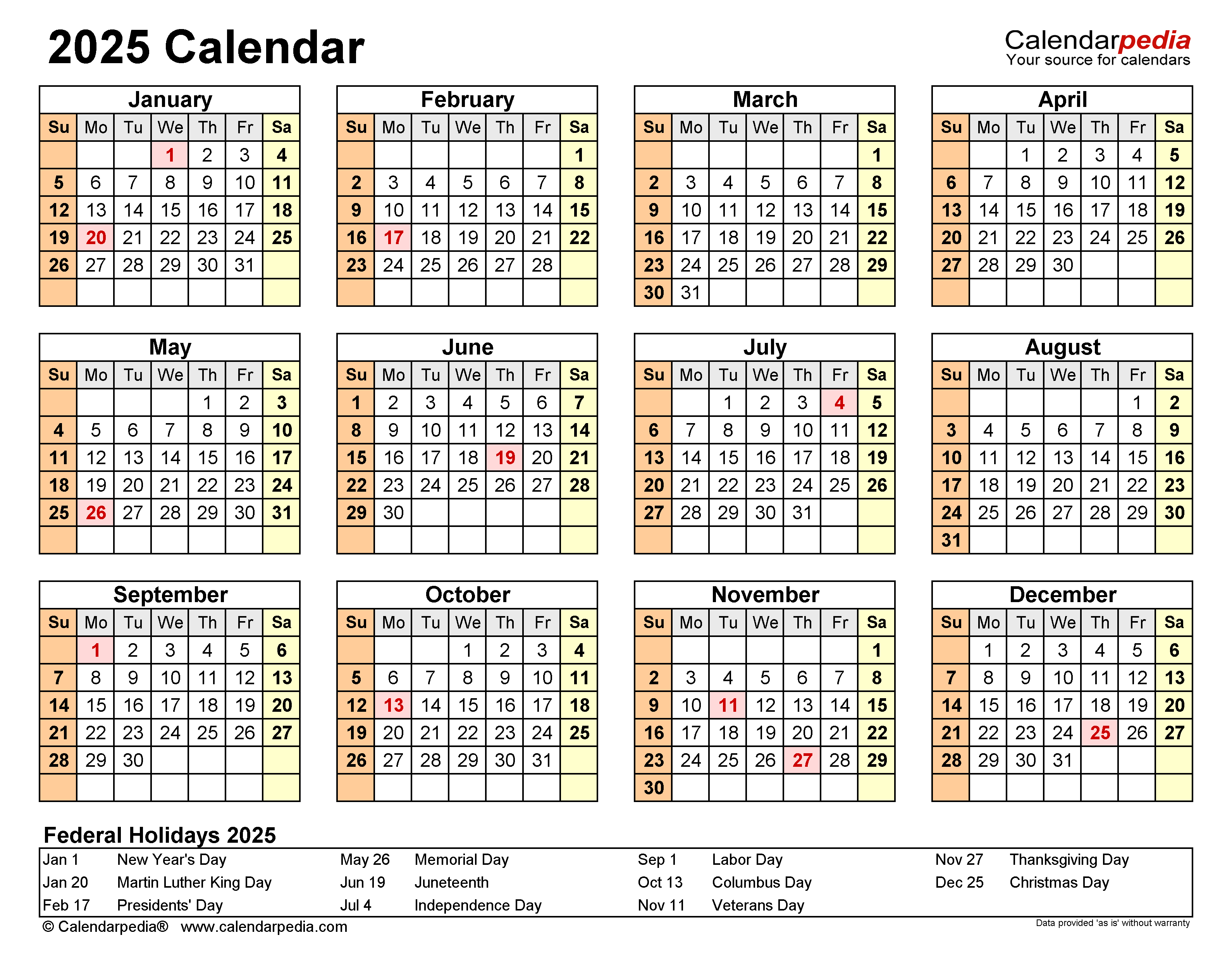
Introduction
The Une calendar, also known as the Chinese lunisolar calendar, is a traditional calendar system used in China, Taiwan, Hong Kong, Macau, and other East Asian countries. It is a combination of the solar and lunar calendars, with months based on the cycles of the moon and years based on the Earth’s orbit around the sun. The Une calendar is used for both civil and religious purposes and plays a significant role in Chinese culture.
History and Origin
The Une calendar has a long and rich history dating back to ancient China. The earliest known calendar in China is the Xia calendar, which was used during the Xia dynasty (c. 2100-1600 BCE). The Xia calendar was a lunisolar calendar, similar to the Une calendar, but with a different number of months and days.
Over time, the Une calendar underwent several revisions and modifications. The most significant change occurred during the Han dynasty (206 BCE-220 CE) when Emperor Wu introduced a new calendar that was based on the theories of the Chinese astronomer Zhang Heng. This calendar, known as the Taichu calendar, became the standard Une calendar and has been used with minor modifications ever since.
Structure and Components
The Une calendar is a complex system with several components that work together to create a coherent and accurate calendar. These components include:
- Months: The Une calendar has 12 months, each named after a zodiac animal. The months are divided into two types: regular months and intercalary months. Regular months have 29 or 30 days, while intercalary months have 29 or 30 days.
- Years: The Une calendar is based on a 60-year cycle, known as the sexagenary cycle. Each year in the cycle is assigned a unique combination of a heavenly stem and an earthly branch. The heavenly stems are 10 in number and represent the five elements (wood, fire, earth, metal, and water) in their yin and yang forms. The earthly branches are 12 in number and represent the 12 animals of the Chinese zodiac.
- Solar Terms: The Une calendar also incorporates 24 solar terms, which are specific days that mark the changing seasons and agricultural activities. These solar terms are based on the position of the sun in the sky and help farmers plan their crops and harvests.
Usage and Significance
The Une calendar is used for a variety of purposes, including:
- Civil: The Une calendar is the official calendar of China and is used for government, business, and everyday life.
- Religious: The Une calendar is used to determine the dates of important religious festivals and holidays, such as the Chinese New Year, the Qingming Festival, and the Dragon Boat Festival.
- Astrology: The Une calendar is used in Chinese astrology to determine a person’s birth sign and predict their fortune and destiny.
The Une Calendar in 2025
The year 2025 is the Year of the Snake in the Une calendar. It begins on February 10, 2025, and ends on January 28, 2026. The Chinese New Year, which is the most important holiday in the Chinese calendar, falls on February 12, 2025.
Here is a table of the months and solar terms in the Une calendar for 2025:
| Month | Heavenly Stem | Earthly Branch | Solar Terms |
|---|---|---|---|
| January | Jia | Yin | Beginning of Spring |
| February | Yi | Mao | Rain Water |
| March | Bing | Chen | Waking of Insects |
| April | Ding | Si | Spring Equinox |
| May | Wu | Wu | Grain Rain |
| June | Ji | Wei | Beginning of Summer |
| July | Geng | Shen | Lesser Heat |
| August | Xin | You | Great Heat |
| September | Ren | Xu | Autumn Equinox |
| October | Gui | Hai | White Dew |
| November | Jia | Zi | Cold Dew |
| December | Yi | Chou | Beginning of Winter |
Conclusion
The Une calendar is a complex and fascinating system that has been used in China for centuries. It is a unique blend of solar and lunar calendars and plays a significant role in Chinese culture. By understanding the structure and components of the Une calendar, we can gain a deeper appreciation for the rich traditions and heritage of China.

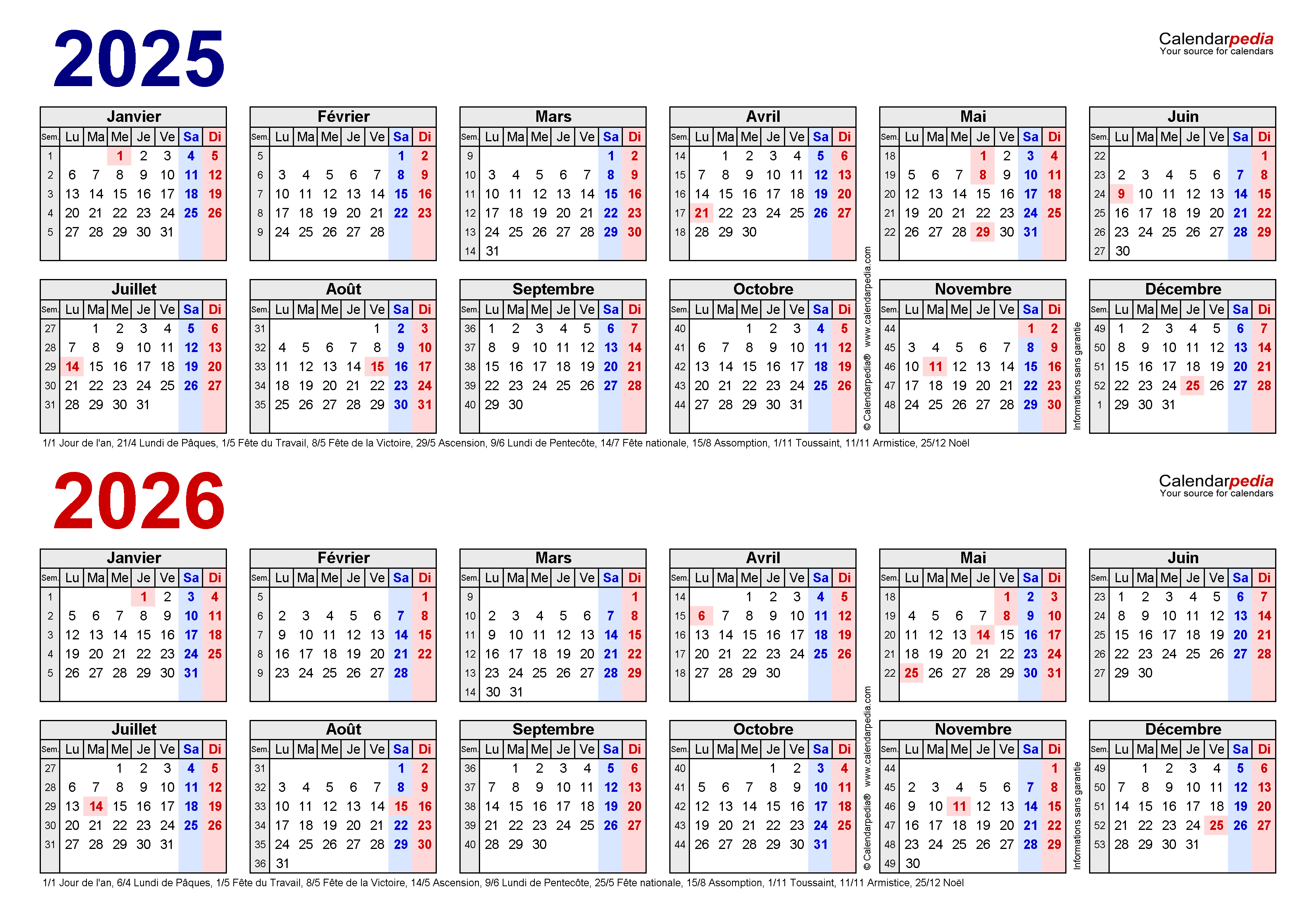
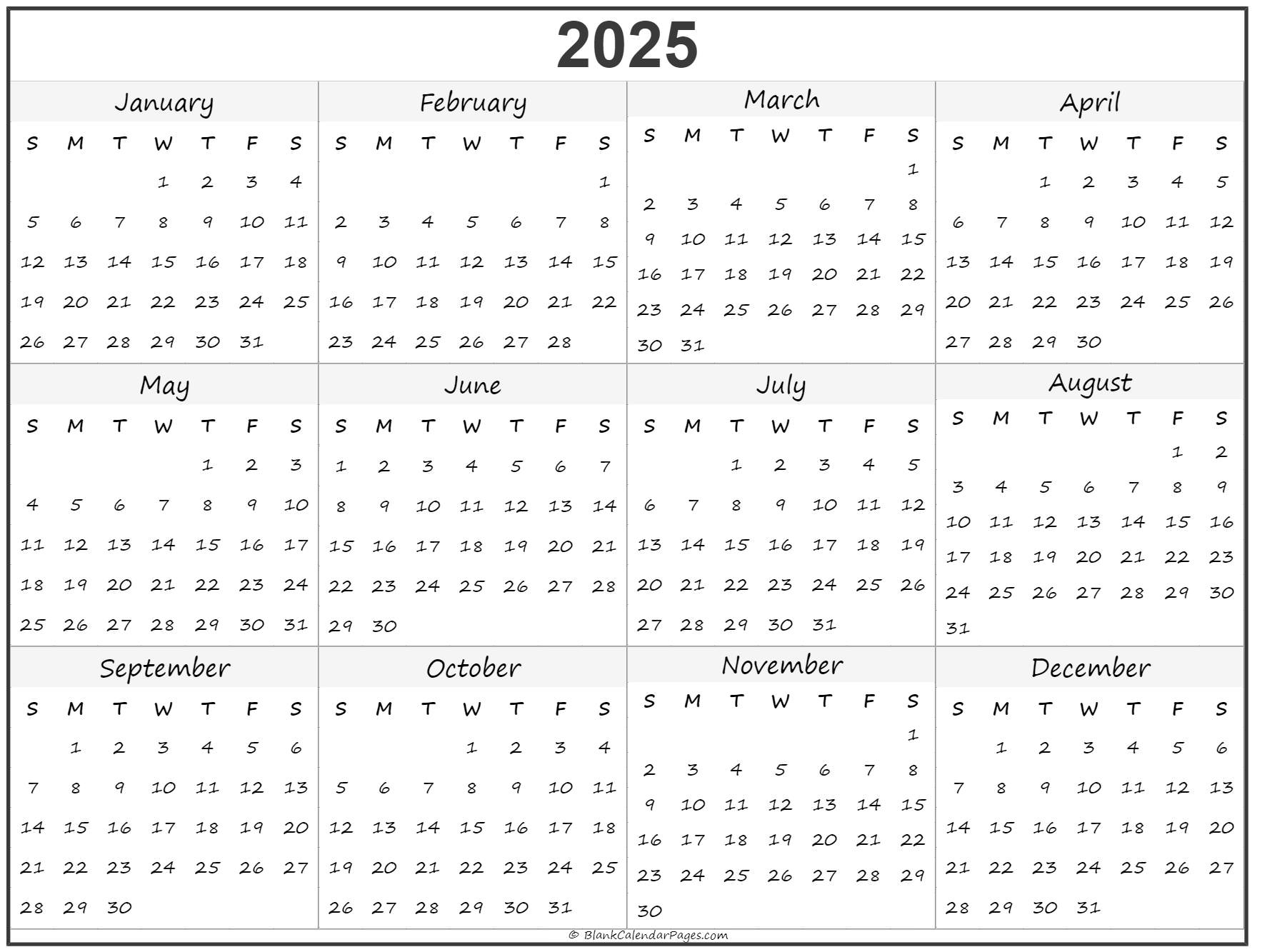
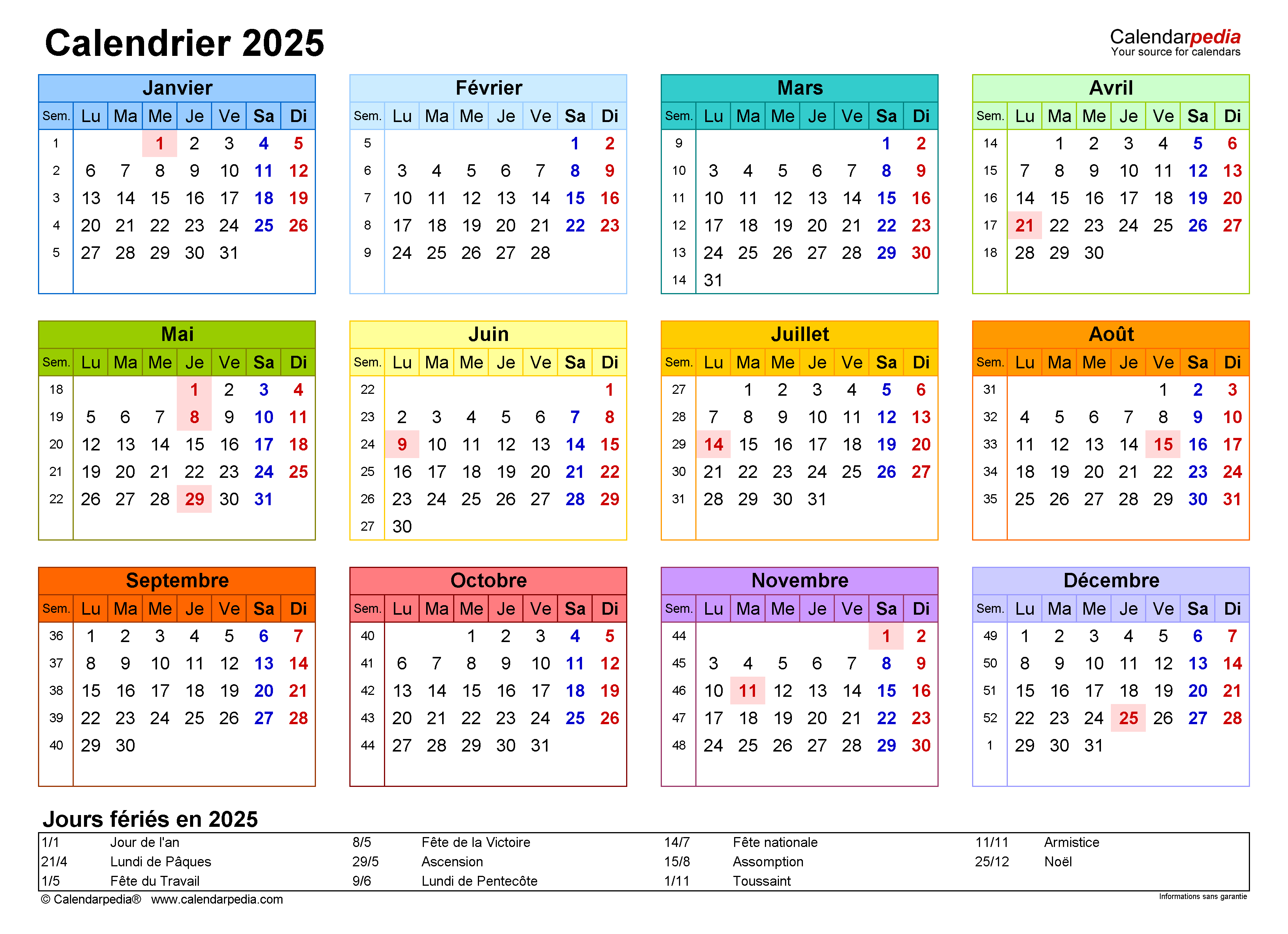
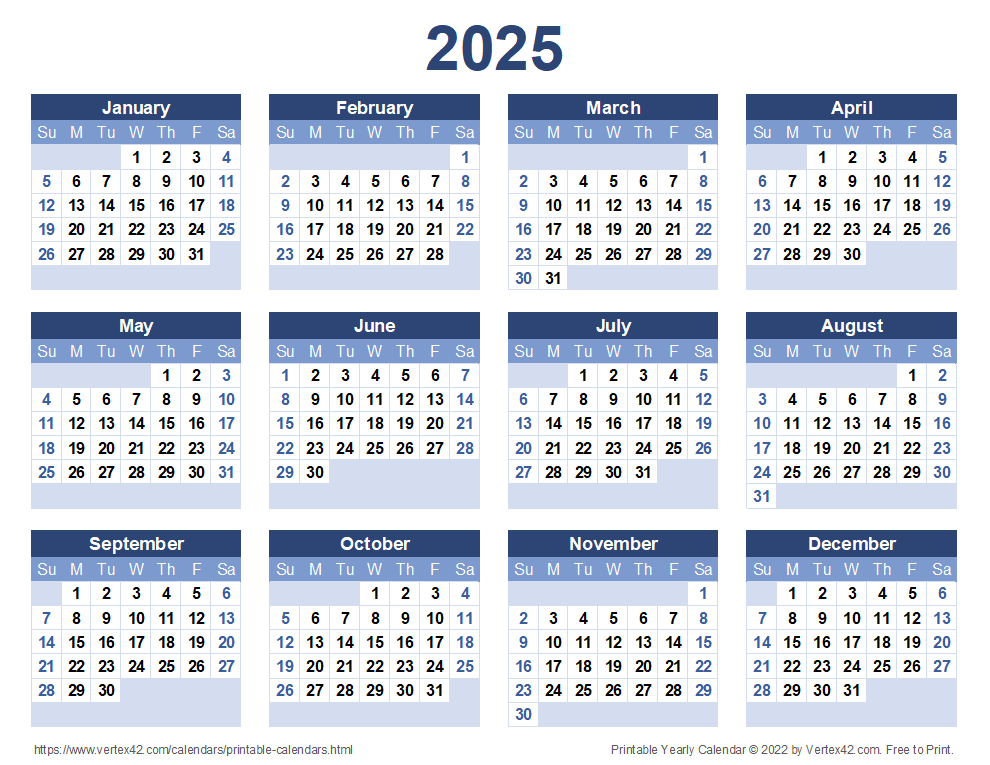
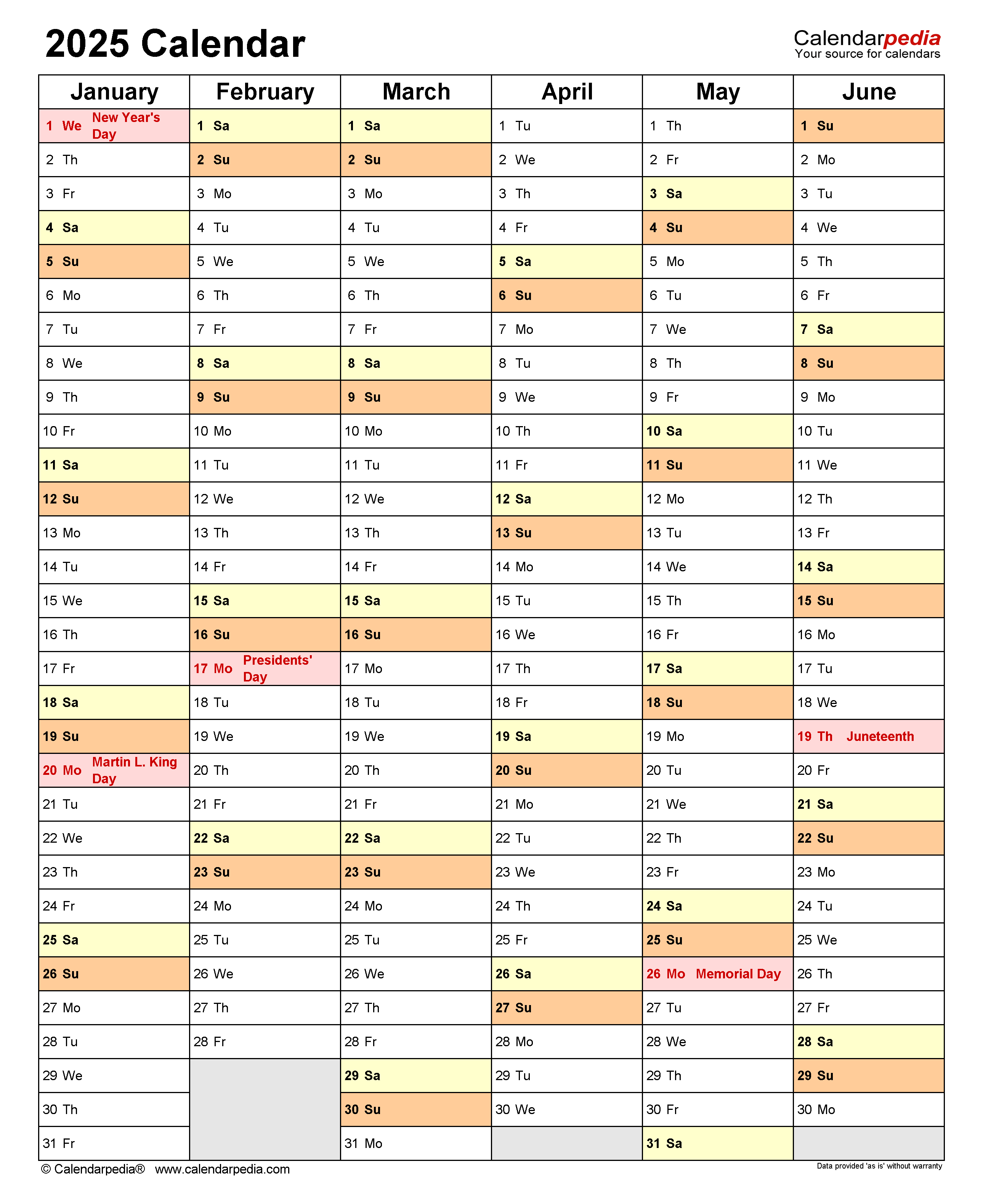


Closure
Thus, we hope this article has provided valuable insights into The Une Calendar: A Comprehensive Overview for 2025. We appreciate your attention to our article. See you in our next article!